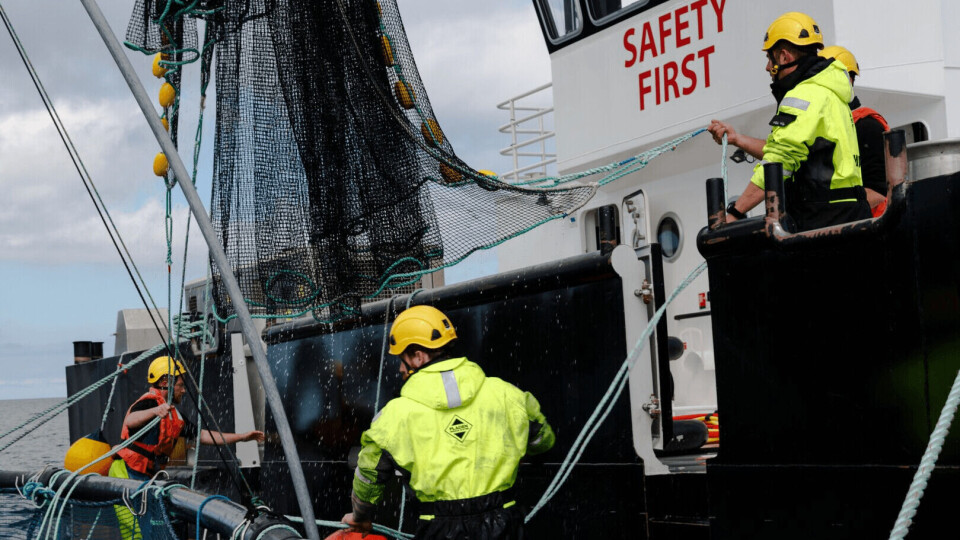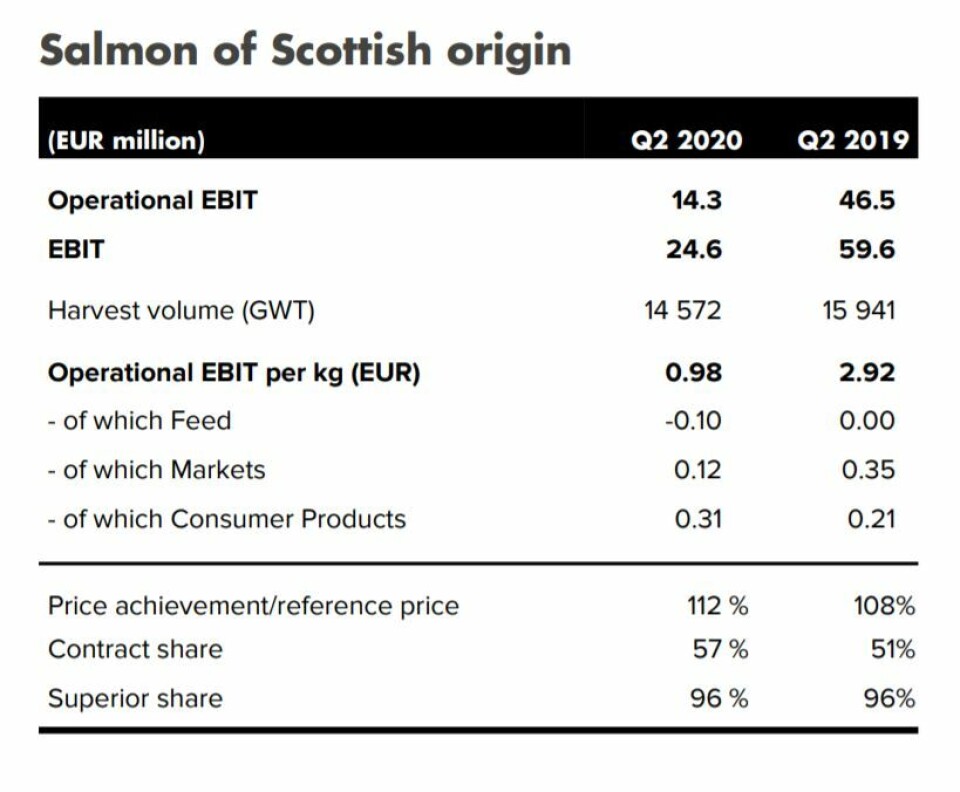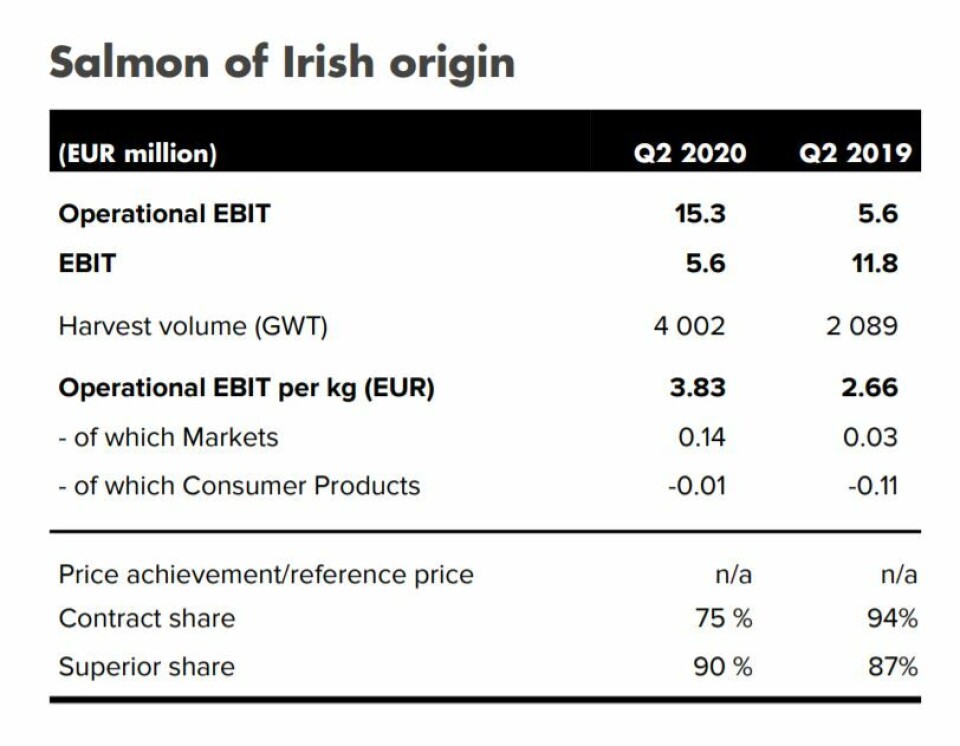
Scotland problems force Mowi to cut harvest target
Biological problems in Scotland have led Mowi to reduce its global harvest guidance for 2020 by 8,000 gutted weight tonnes to 442,000 gwt, it reported today.
“The biological situation in our Scottish farming operations has been challenging over time with several issues including CMS (cardiomyopathy syndrome), Pasteurella Skyensis, PD (pancreas disease), algal bloom and sea lice,” the company said in its second quarter report.
Mowi added that CMS and PD continues to be a challenge, and Mowi Scotland had advanced harvesting at affected sites.

Vaccine trials
“In relation to Pasteurella Skyensis, a vaccine has been developed and is undergoing field trials with targeted sites using this vaccine during the second half of 2020,” added the company in the report.
“Losses of fish related to PD have been sporadic over many years and the company has maintained a site by site risk-based approach to vaccination. However, in response to increasing challenges from PD, vaccination for PD has been expanded to include most of the smolts stocked in 2020.”
Operating profit for Mowi Scotland fell from €46.5 million in Q2 2019 to €14.3m in the same period this year. Operational EBIT per kilo was €0.98 (Q2 2019: €2.92). The company said earnings were affected by lower prices caused by the Covid-19 lockdown, and lower volumes and increased costs due to challenging biology.
Early harvest
The overall price achieved was 12% above the reference price in the quarter (8% above), and the contract share was 57% (51%).
Q2 harvest volume was 14,572 tonnes gutted weight (15,941 gwt). Volumes were negatively impacted by challenging biology and early harvest affected harvest weights negatively, though biology improved throughout the quarter.

A record for Ireland
There was better news from Ireland, where Mowi’s organic salmon operations made a record operating profit of €15.3m (€5.6m). Operational EBIT per kilo was €3.83 (€2.66).
The increase was partly due to a bigger harvest of 4,002 gwt (2,089 gwt) as a result of postponed harvesting from the first quarter when there was no harvesting, and improved costs which were reduced by as much as 19% because of improved biology and economies of scale.
“Average weight was significantly higher than in the comparable quarter. Production was good in the quarter and survival rates improved from the second quarter of 2019,” Mowi reported.























































